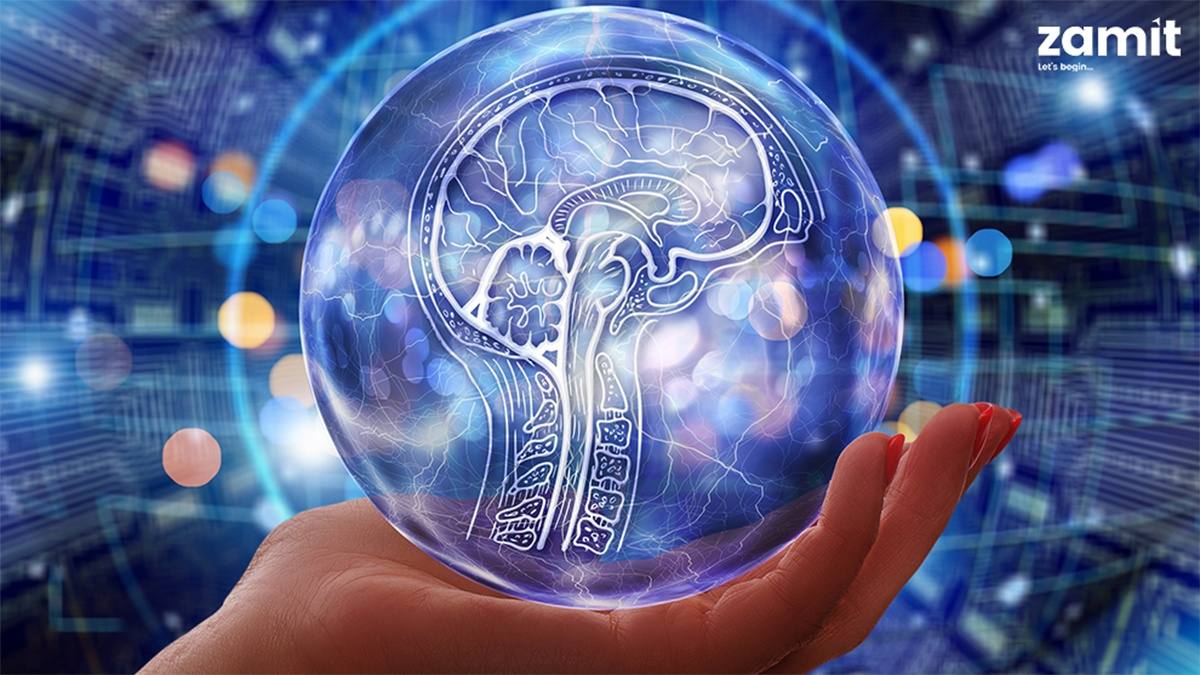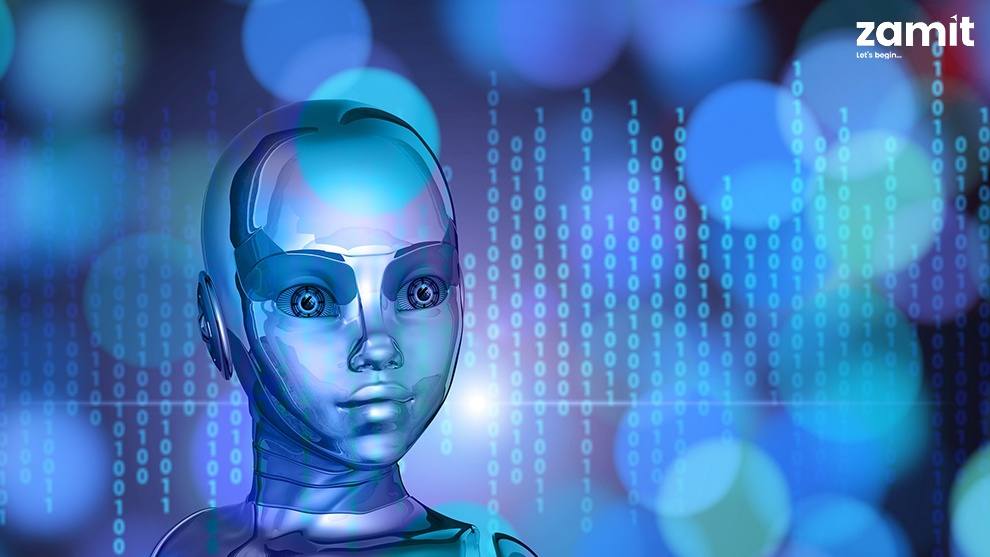Artificial Intelligence in Education- the answer to implementation challenges of the NEP 2019

The draft new education policy has had a long gestation period. Its latest draft version is in the public domain since October 2019, and numerous conferences, seminars and workshops have been convened that have deliberated on the document. Some of those who hail the draft new education policy 2019 as a progressive measure in the right direction, are sceptical about its implementation.
The new education policy 2019 draws attention to the importance of learning first in its very first page, Indeed, with the quickly changing employment and global ecosystem, it is becoming increasingly important that children not only learn but learn how to learn.
It also covers “The key overall thrust of curriculum and pedagogy reform across all stages will be to move the education system towards real understanding and learning how to learn.”
This new policy has also acknowledged that this policy has been formulated at a time when an unquestionably disruptive technology – Artificial Intelligence (AI) -has emerged.
We are in the mid of two major disruptive revolutions: the 4th Industrial Revolution and the fourth Education Revolution. It is Artificial Intelligence and allied emerging technologies that provide the answer to the upcoming challenges.
To illustrate my point, let me refer to a fundamental transformation in a specific domain of education, that happened in India about 60 years back. Engineering education was already happening in India when the IITs were created. But the 5 IITs transformed the erstwhile engineer with a slide rule to the engineer who programmed digital computers, and in due course moved on to CAD/CAM consequently. And they prospered and flourished in the 3rd Industrial Age of Information Technology. Today as we transform the young who are in the later stages of School, who are coming of age in the fourth Industrial Age, we must equip them to prosper, flourish and thrive in the age of Intelligent machines. IIT orientation began just after finishing School. Sixty years later, with learners being digital natives, we can begin their transformation while at School, without spending those two valuably years in coaching programs of various kinds. They can be directly introduced to and have hands on experience in AI, Machine Learning, Quantum Computing and other emerging technologies.
We are now in a position to develop a whole new generation of young who do not pursue meaningless higher education, whose benefits are not clear, but become active self-directed lifelong learners, who can take charge of their lives and have evolved in readiness for the VUCA ( Volatile, Uncertain, Complex and Ambiguous) future before them. These digital natives transcend being job seekers and passive consumers of digital content but are ready with creative ideas to launch enterprises with innovative ideas that propel India to more than a $5 trillion economy.

The key constituents of an AI-empowered educational ecosystem are the following:
- The AI-fluent Smart Educator
- The AI powered autonomous Learner
- Recommender and content personalisation systems
- Chatbots to assist both educators and learners
- Co-learning spaces and emerging technologies experience centres
- AI enabled assessment systems
- Blockchain for academic credentials
As quoted by Prof. M.M. Pant “Even as we prepare ourselves for the age of Artificial Intelligence, the era of Quantum Computing is upon us a which could eventually revolutionize the way medicines are developed, financial options are priced and climate change is managed, experts say. It’s been lauded for its ability (or, at least, its potential) to complete complex calculations in a fraction of the time that it would take even the fastest traditional computers today”
Answers are moving towards AI-empowered and enabled who are themselves, lifelong learners. We are in between the process of transformation and will only be possible with the help of commitment & contributions of community of educators.
Authored by
Aarul Malaviya (founder of MASH Virtual & zamit)


